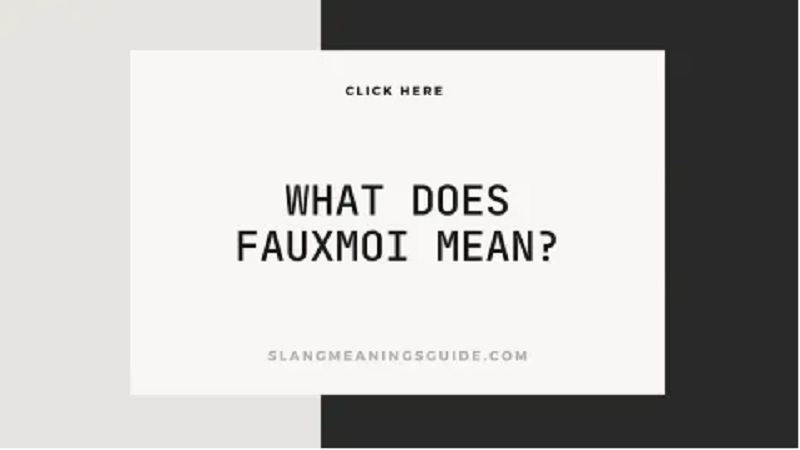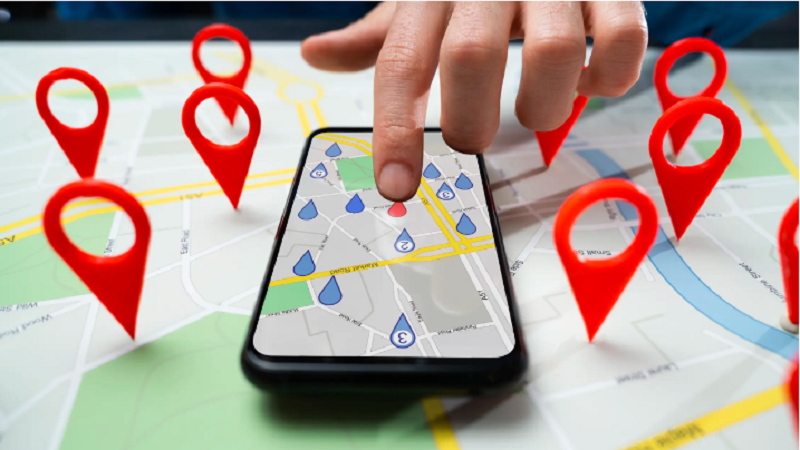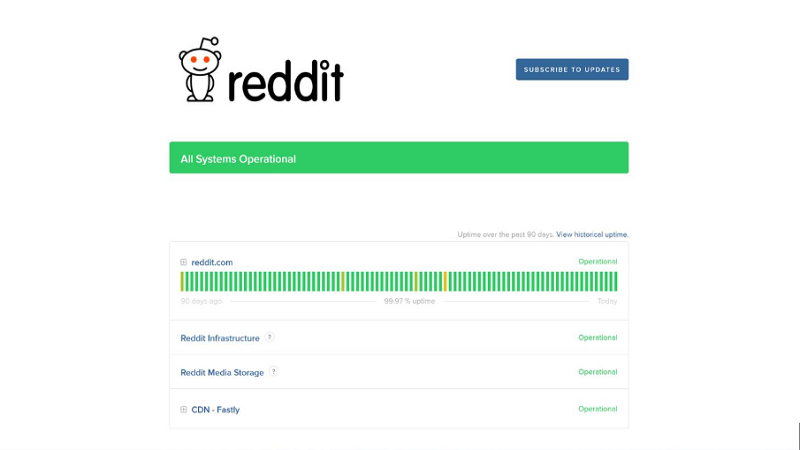what does fauxmoi mean, a term that has garnered attention in recent years, signifies more than just a word; it represents a concept steeped in the realms of identity and perception. Understanding this term requires delving into its origins, usage, and the cultural and social implications it holds. This article aims to unravel the meaning of Fauxmoi, its historical context, and its significance in modern society.
Historical Context of Fauxmoi
Origins of the Term
The word Fauxmoi combines the French word “faux,” meaning false, and “moi,” meaning me. This amalgamation suggests a false self or an artificial identity. The concept dates back to discussions in psychology and sociology, where individuals often navigate between their authentic selves and the personas they present to the world. This duality becomes particularly evident in the digital age, where social media platforms allow for curated self-representations.
Evolution Through Time
The evolution of Fauxmoi can be traced through the changing dynamics of society and technology. In the early 20th century, scholars like Erving Goffman explored the idea of self-presentation in everyday life. With the advent of the internet and social media, the concept of Fauxmoi evolved to encompass the identities people create online. These digital personas often differ significantly from their real-life counterparts, highlighting the contrast between authenticity and fabrication.
Fauxmoi in the Digital Age
Social Media Influence
Social media platforms like Instagram, Facebook, and Twitter play a crucial role in shaping the concept of Fauxmoi. Users craft their online identities through carefully curated posts, photos, and updates, often portraying a polished and idealized version of themselves. This phenomenon has led to widespread discussions about the authenticity of online personas and the psychological impact of maintaining a Fauxmoi.
Psychological Implications
The psychological implications of Fauxmoi are profound. On one hand, creating a It allows individuals to explore different aspects of their identity and gain social validation. On the other hand, it can lead to feelings of disconnection and self-doubt when the curated persona diverges significantly from one’s true self. Psychologists warn of the potential for mental health issues arising from the pressure to maintain an idealized image online.
Fauxmoi and Cultural Significance
Identity and Self-Perception
The concept of Fauxmoi extends beyond individual experiences to reflect broader cultural trends. In many cultures, the tension between authenticity and conformity is palpable. People often feel compelled to conform to societal expectations, leading to the creation of a Fauxmoi. This artificial identity can impact self-perception, causing individuals to question their authenticity and worth.
Media and Popular Culture
Popular culture and media also play a significant role in perpetuating the idea of Fauxmoi. Celebrities and influencers often project glamorous and seemingly perfect lives, influencing their followers to do the same. This creates a cycle where people feel pressured to present a It to keep up with societal standards, further blurring the lines between reality and fiction.
Navigating the Fauxmoi
Authenticity in the Digital World
Navigating the concept of Fauxmoi requires a balance between embracing one’s authentic self and managing the digital persona. Experts suggest strategies like mindful social media use, setting boundaries, and engaging in self-reflection to ensure that the online identity aligns more closely with the real self. By prioritizing authenticity, individuals can mitigate the negative impacts of maintaining a Fauxmoi.
Self-Acceptance and Mental Health
Self-acceptance plays a crucial role in mitigating the effects of Fauxmoi. Embracing one’s imperfections and vulnerabilities can reduce the pressure to present a flawless image online. Mental health professionals advocate for practices like self-compassion and mindfulness to foster a healthier relationship with oneself and reduce the reliance on a It for validation.
Fauxmoi in Different Contexts
Professional Settings
In professional settings, the concept of Fauxmoi manifests in various ways. Employees might feel the need to present a more competent and polished version of themselves to succeed in their careers. This can lead to workplace stress and burnout. Understanding the dynamics of It in professional environments can help organizations promote a culture of authenticity and well-being.
Personal Relationships
Fauxmoi also impacts personal relationships. People might adopt a It to fit in with certain social groups or to impress others. This can hinder genuine connections and lead to superficial relationships. Encouraging open and honest communication can help individuals build more authentic and fulfilling relationships, reducing the reliance on a Fauxmoi.
Fauxmoi in Popular Media and Literature
Representation in Media
The concept of Fauxmoi has been explored in various forms of media and literature, often highlighting the contrast between one’s true self and the artificial persona presented to the world. Films, TV shows, and books frequently depict characters struggling with their identities, offering a window into the complexities of maintaining a Fauxmoi. These narratives not only reflect societal concerns but also provide insights into the personal challenges individuals face in their quest for authenticity.
Literary Examples
In literature, characters grappling with a Fauxmoi are common, illustrating the timeless nature of this concept. Classic novels like “The Great Gatsby” by F. Scott Fitzgerald explore themes of identity and self-perception, where characters create false personas to achieve their desires. Contemporary works also delve into these themes, addressing the modern implications of Fauxmoi in an increasingly digital world.
Psychological Theories and Fauxmoi
The Role of Self-Presentation
Psychological theories on self-presentation offer valuable insights into the dynamics of Fauxmoi. Erving Goffman’s work on the “presentation of self in everyday life” suggests that individuals perform roles based on social expectations, often creating a Fauxmoi to fit these roles. This theory underscores the performative aspect of identity, where people continuously adjust their behavior and appearance to align with societal norms.
Cognitive Dissonance
The concept of cognitive dissonance also plays a role in understanding Fauxmoi. Cognitive dissonance occurs when there is a conflict between an individual’s beliefs and actions, often leading to psychological discomfort. Maintaining a Fauxmoi can create cognitive dissonance, as the disparity between the authentic self and the artificial persona causes inner turmoil. Understanding this phenomenon can help individuals navigate the challenges of Fauxmoi more effectively.
Strategies to Overcome Fauxmoi
Building Authentic Connections
Building authentic connections is crucial in overcoming the effects of Fauxmoi. By fostering genuine relationships based on honesty and mutual respect, individuals can reduce the pressure to maintain an artificial persona. This involves being open about one’s true self, embracing vulnerabilities, and seeking out connections that value authenticity over superficial appearances.
Mindfulness and Self-Compassion
Practicing mindfulness and self-compassion are effective strategies for managing the psychological impact of Fauxmoi. Mindfulness helps individuals stay present and aware of their true feelings, reducing the tendency to create an artificial identity. Self-compassion involves treating oneself with kindness and understanding, acknowledging imperfections, and striving for self-acceptance. These practices can mitigate the negative effects of maintaining a Fauxmoi.
The Future of Fauxmoi
Technological Advancements
As technology continues to evolve, the concept of Fauxmoi will likely undergo further transformations. Advances in virtual reality and augmented reality could create new platforms for self-expression, offering opportunities to explore different facets of identity. However, these technologies also pose challenges in terms of maintaining authenticity, as the line between real and artificial becomes increasingly blurred.
Societal Shifts
Societal shifts towards greater acceptance of diversity and inclusivity could influence the dynamics of Fauxmoi. As societies become more accepting of varied identities and expressions, the pressure to conform to a specific ideal may decrease. This could lead to a reduction in the prevalence of Fauxmoi, as individuals feel more comfortable embracing their authentic selves.
FAQs About Fauxmoi
What is the meaning of Fauxmoi?
Fauxmoi refers to a false self or an artificial identity that individuals create, often influenced by societal pressures and the digital landscape.
How did the term Fauxmoi originate?
The term Fauxmoi combines the French words “faux” (false) and “moi” (me), highlighting the concept of a fabricated self.
Why do people create a Fauxmoi?
People create a Fauxmoi to conform to societal expectations, gain social validation, and explore different aspects of their identity, especially in the digital age.
What are the psychological effects of maintaining a Fauxmoi?
Maintaining a Fauxmoi can lead to feelings of disconnection, self-doubt, and mental health issues due to the pressure to uphold an idealized image.
How can one balance authenticity and digital identity?
Balancing authenticity and digital identity involves mindful social media use, setting boundaries, and engaging in self-reflection to align the online persona with the true self.
What role does popular culture play in perpetuating Fauxmoi?
Popular culture and media, through celebrities and influencers, often promote idealized lifestyles, influencing individuals to create a It to conform to these standards.
How does Fauxmoi affect professional settings?
In professional settings, maintaining a It can lead to stress and burnout as employees feel pressured to present a more competent and polished version of themselves.
Can Fauxmoi impact personal relationships?
Yes, Fauxmoi can hinder genuine connections and lead to superficial relationships as individuals adopt an artificial identity to fit in or impress others.
What strategies can help reduce reliance on Fauxmoi?
Strategies to reduce reliance on Fauxmoi include self-compassion, mindfulness, open communication, and fostering a culture of authenticity in personal and professional contexts.
How does self-acceptance mitigate the effects of Fauxmoi?
Self-acceptance helps reduce the pressure to present a flawless image online, fostering a healthier relationship with oneself and reducing reliance on a It for validation.
Conclusion
The concept of Fauxmoi encapsulates the complexities of identity in the modern world. From its historical origins to its implications in the digital age, understanding It requires a multifaceted approach. By navigating the balance between authenticity and fabrication, individuals can foster a healthier relationship with their self-perception and mitigate the negative impacts of maintaining a Fauxmoi. Embracing authenticity, promoting self-acceptance, and fostering genuine connections are key to navigating the intricate landscape of identity in contemporary society. clcik here














Leave a Reply